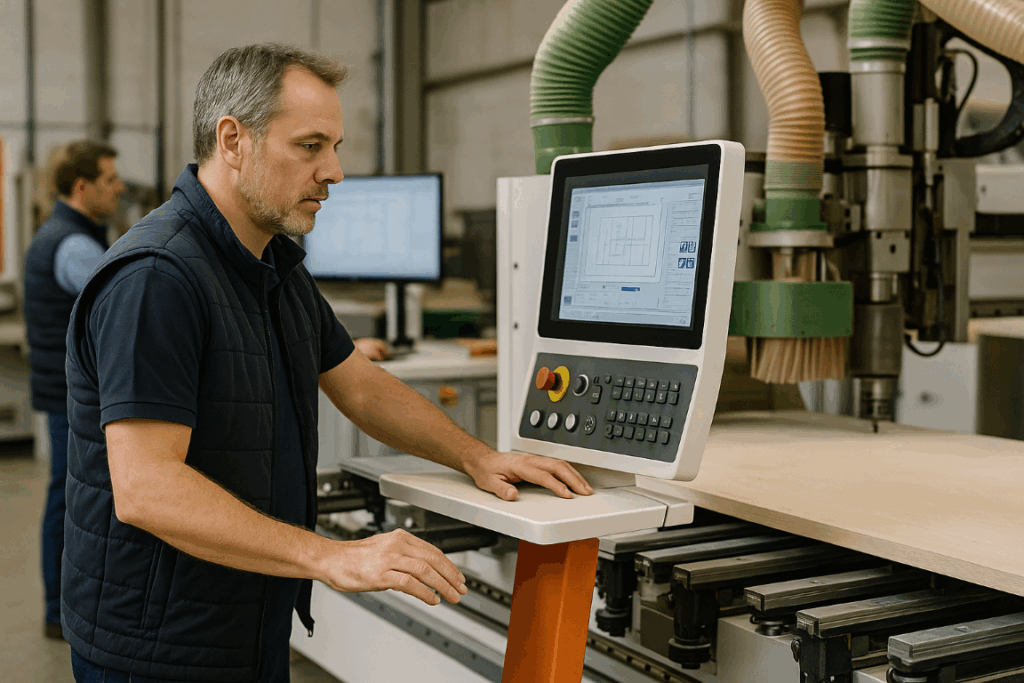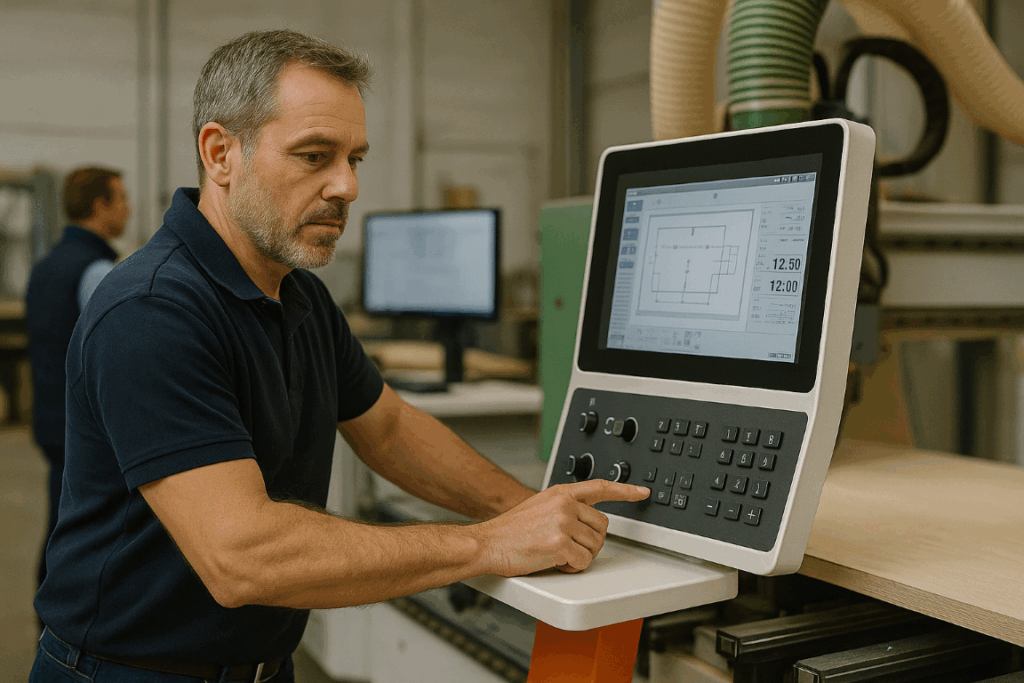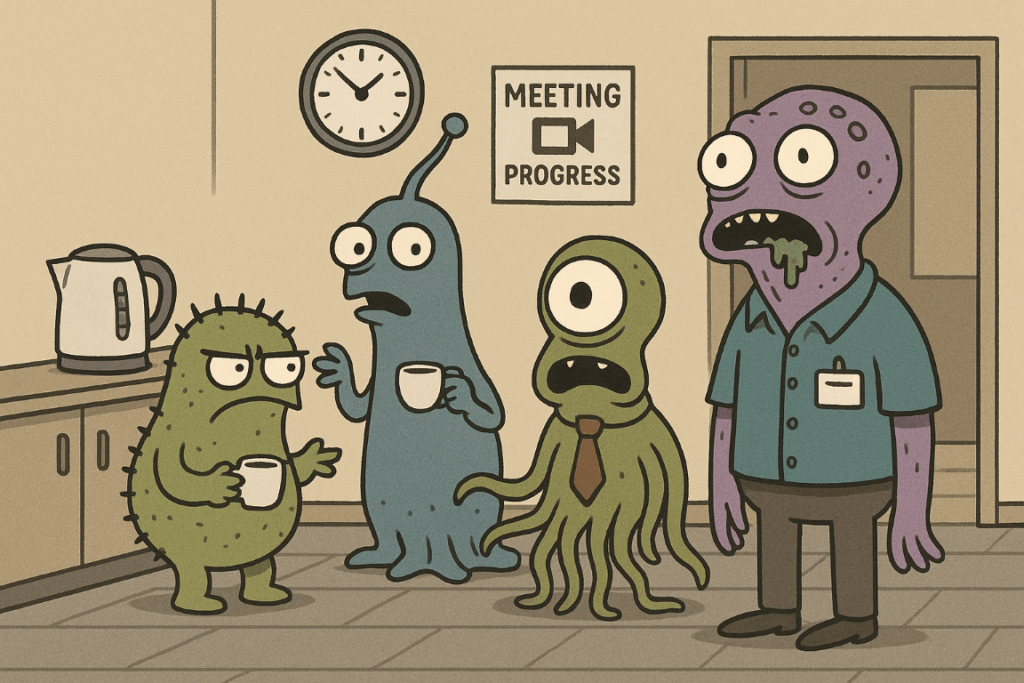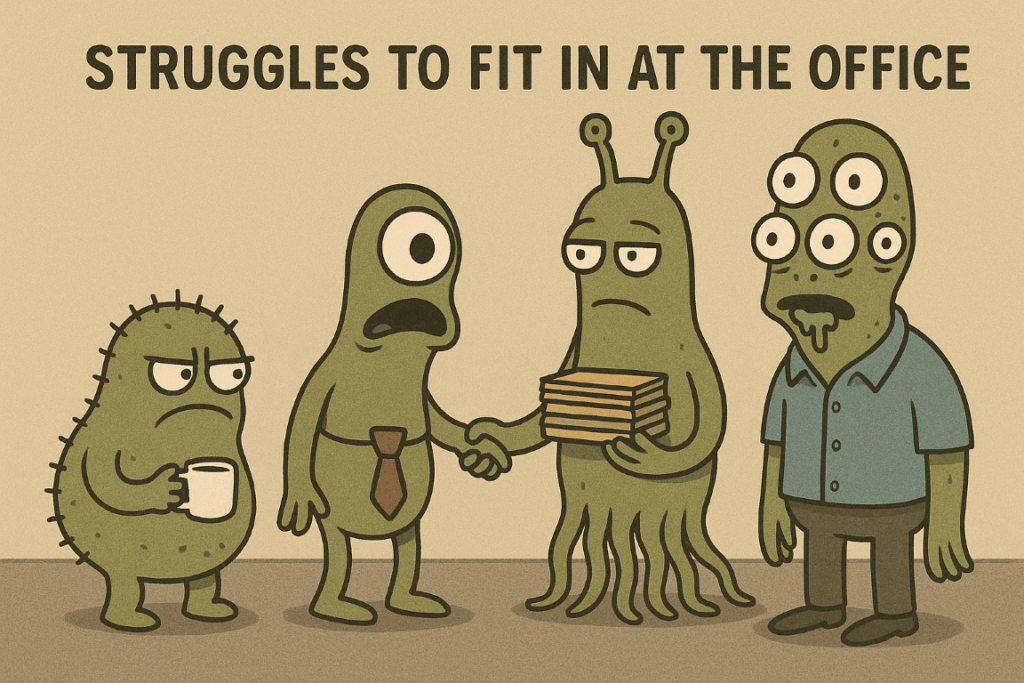Skin longevity has quietly become the beauty world’s new obsession, reshaping how we think about ageing, skincare and even wellness. Instead of chasing quick fixes, more people want skin that stays healthy, resilient and strong for as long as possible. It is less about turning back the clock and more about slowing it down in the first place.

From anti-ageing to pro-ageing well
The old language of anti-ageing is starting to feel dated. Rather than trying to erase every line, the focus is shifting to pro-ageing well. That means supporting the skin’s natural functions – barrier strength, hydration, repair and protection – so it can cope better with stress, pollution and time.
Brands now talk about long-term skin health instead of miracle results in seven days. You will see products promising stronger skin barriers, less inflammation and better tolerance, especially for sensitive and reactive skin. This approach aligns more closely with how dermatologists think about skin: as a living organ that needs consistent care, not punishment.
Science-backed actives for skin longevity
Behind the marketing, there is real science driving the skin longevity trend. Researchers are looking at how skin cells age, how DNA damage accumulates and how inflammation slowly wears down collagen, elastin and lipids.
Key ingredients showing up again and again include:
- Retinoids to support cell turnover and boost firmness over time.
- Peptides that signal the skin to repair itself and maintain structure.
- Niacinamide for barrier support, redness reduction and oil balance.
- Antioxidants like vitamin C and resveratrol to tackle free radical damage.
- Ceramides and fatty acids to keep the barrier strong and flexible.
These are not instant-glow ingredients. They work best as part of a consistent routine, building resilience month by month rather than promising overnight transformation.
The rise of biohacking your skin
Another big shift in skin longevity is the crossover with biohacking culture. People are tracking sleep, diet, stress and even air quality, then linking that data back to how their skin behaves. Dark circles after poor sleep, dullness after a heavy weekend, breakouts during stressful periods – it all fits into a bigger picture.
Some are using wearable tech to monitor recovery and then timing active skincare for when the body is best able to repair. Others are experimenting with cold exposure, red light therapy and facial massage tools in search of better circulation and reduced inflammation. While not every hack is backed by strong evidence, the overall move is clear: skin is no longer treated in isolation from the rest of the body.
Inside-out strategies and smart supplements
Longevity thinking naturally leads to what is happening beneath the surface. Hydration, protein intake, healthy fats, colourful plants and gut health all play a role in how skin looks and feels. Supplements that support structural proteins, antioxidants and hydration are part of many routines, often sitting alongside topical serums and creams.
For those exploring internal support, products such as collagen powders and drinks are often combined with vitamin C, zinc and other nutrients to help the body maintain healthy tissue. The key is consistency and realistic expectations: inside-out strategies tend to work gradually and are most effective when paired with a balanced lifestyle.
Daily habits that quietly extend skin health
Skin longevity is not only about fancy actives and futuristic devices. The most powerful tools are often the least glamorous. Daily SPF, even in the UK, remains the single biggest protector against premature ageing, dark spots and texture changes. Gentle cleansing that respects the barrier, rather than stripping it, helps prevent long-term irritation.
Sleep, stress management and movement are just as important. Chronic stress can increase inflammation and delay healing, while quality sleep is when the skin does most of its repair work. Regular exercise supports circulation and can give skin a healthier tone over time.
Personalised routines and realistic expectations
Perhaps the most refreshing part of the skin longevity movement is its emphasis on personalisation. People are moving away from copying influencer routines and towards understanding their own skin type, environment and budget. Patch testing, slow product introductions and seasonal tweaks are becoming normal.


Skin longevity FAQs
Can you improve your skin as you get older?
Yes, skin can improve at any age with the right approach. Gentle cleansing, daily SPF, targeted actives like retinoids or niacinamide, and a focus on hydration can all make a visible difference. Supporting your overall health through good sleep, nutrition and stress management will also show up in your skin over time.
How long does it take to see results from a new skincare routine?
It depends on the concern and the products you are using. Hydration and plumpness can improve within days, while texture and tone changes often take 4 to 12 weeks. Structural changes, like firmness, can take several months of consistent use. The key is patience, patch testing and resisting the urge to constantly switch products.
What is the simplest way to start focusing on skin longevity?
Start with the basics: a gentle cleanser, moisturiser suited to your skin type and a broad-spectrum SPF you will actually wear every day. Once those are in place, you can gradually add a single active product, such as a retinoid or antioxidant serum, and see how your skin responds. Small, sustainable steps are more effective than an overwhelming 10-step routine.







